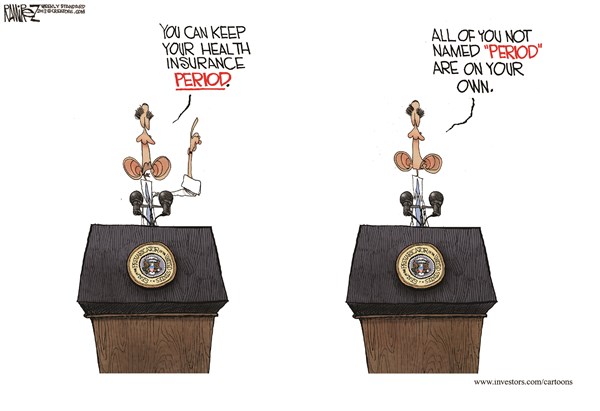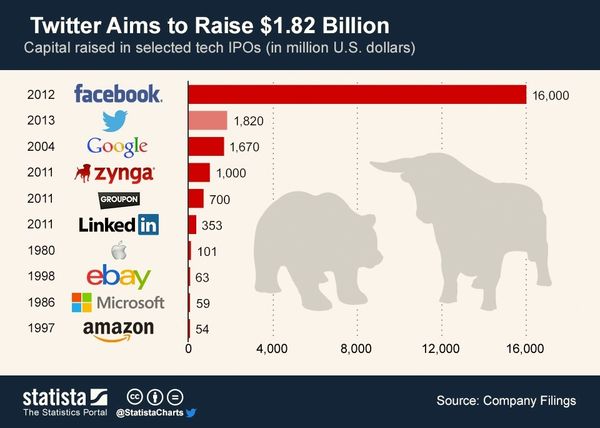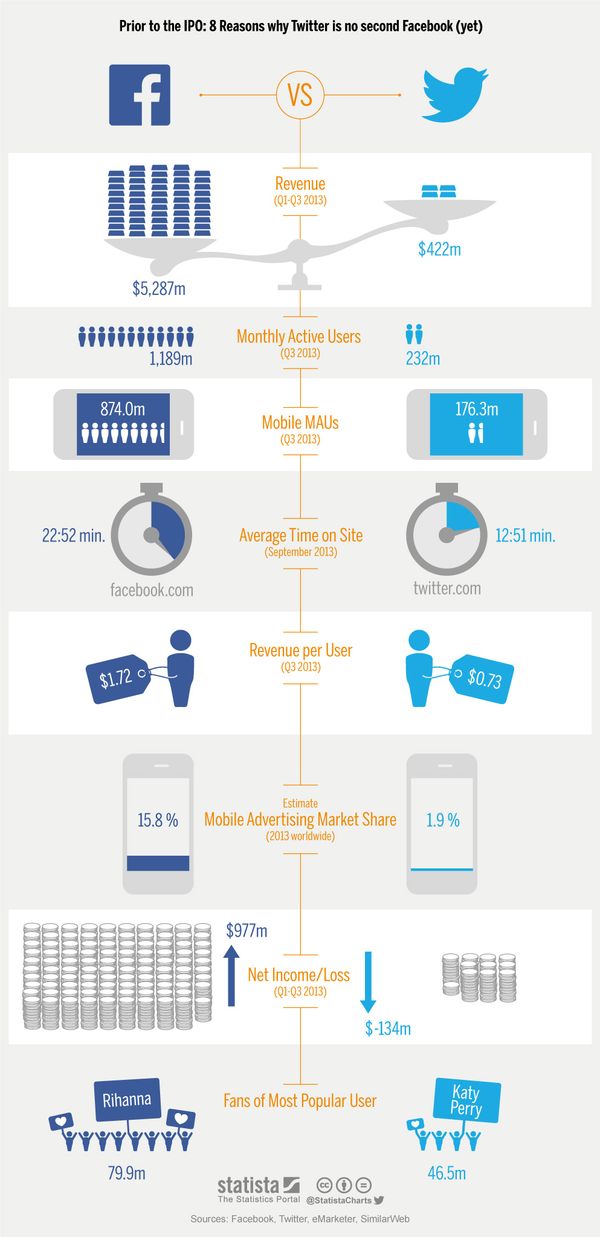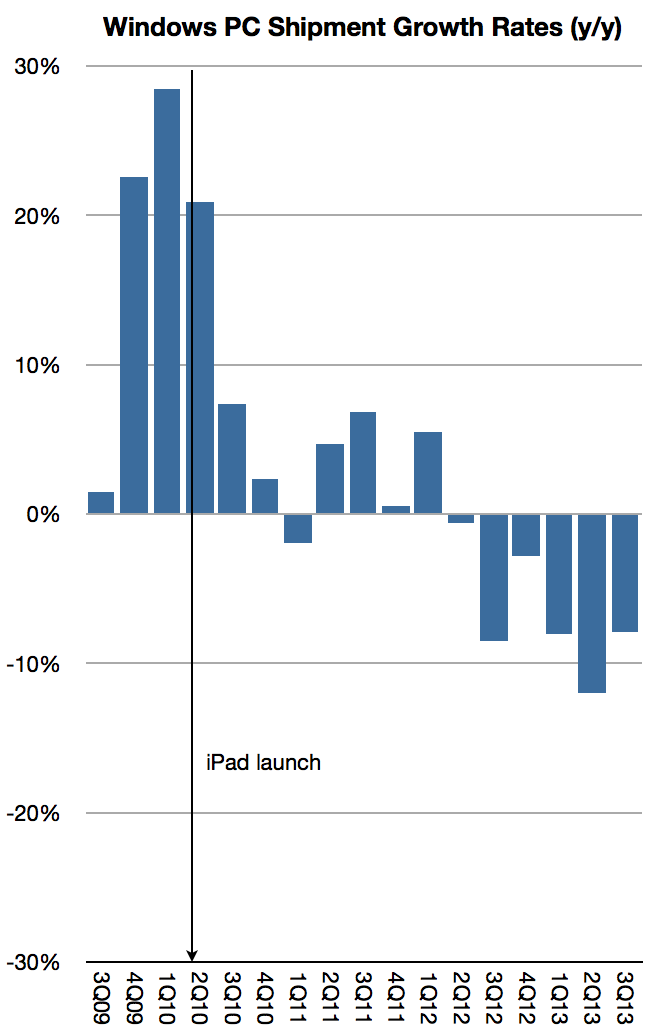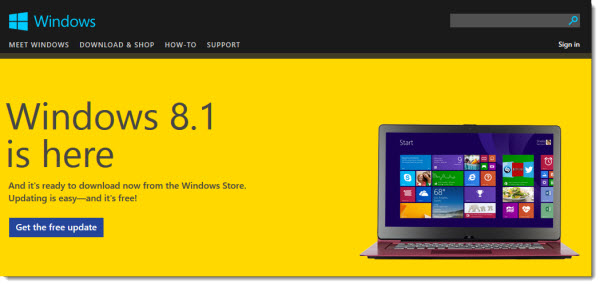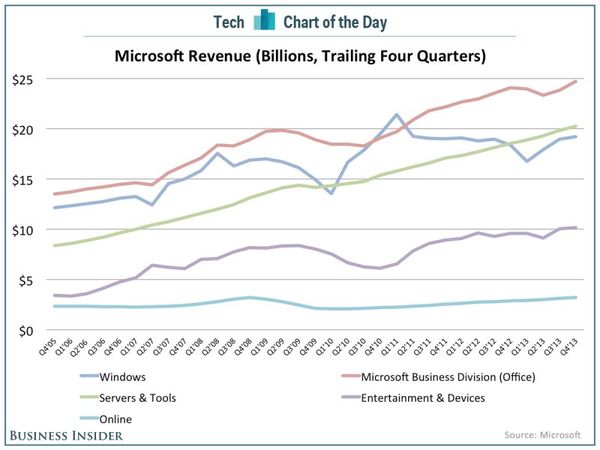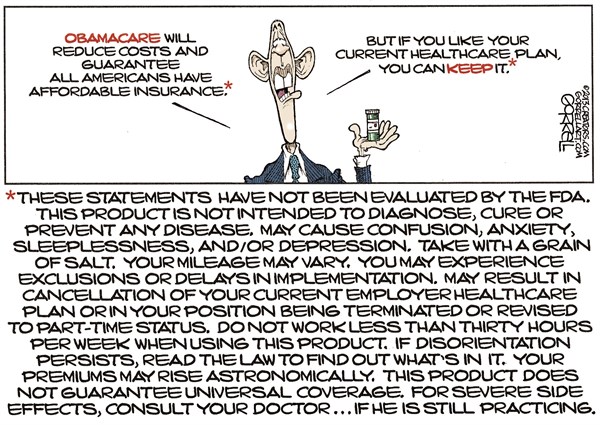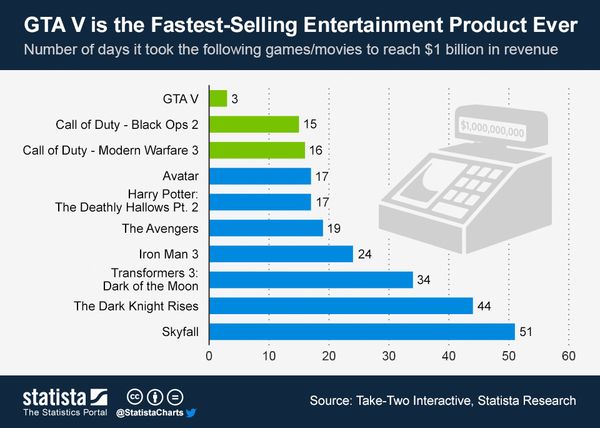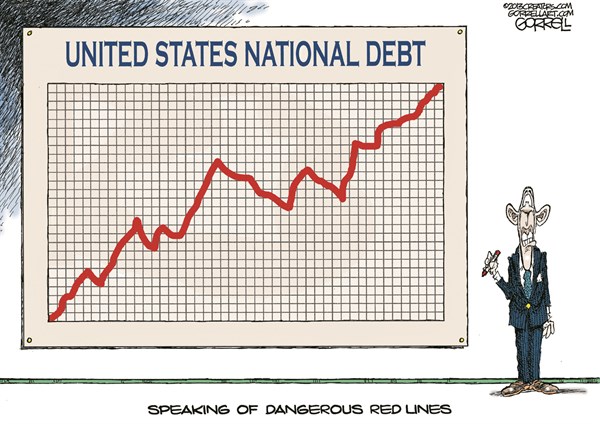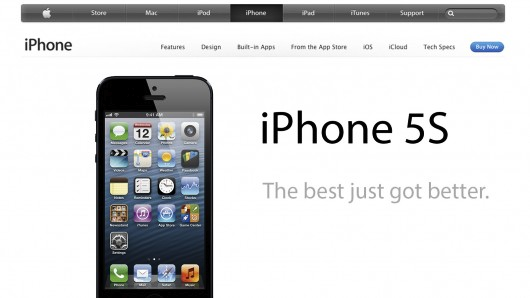Glad to know some people are keeping their health insurance.
Here are some of the posts that caught my eye. Hope you find something interesting.
- 10 Things IBM Is Teaching the World About Winning in the Next Decade. (Forbes)
- Beware of fake 'Obamacare' sites that want to steal your info – NBC News. (NBC)
- Video: Every iPhone Ever Gets Speed Tested Side-By-Side. (TechCrunch)
- 10 Animations that Show How Faces Age Over Time. (TwistedSifter)
- Why Time Slows Down When We’re Afraid, Speeds Up as We Age, and Gets Warped on Vacation. (BrainPickings)
- Google Stock Topped $1,000 this Month, Not Many Tech Stocks Ever Do. (NYTimes)
- The Shutdown Took $24 Billion Out of the U.S. Economy. S&P Cuts Forecast. (BizInsider)
- What Difference Does The New Fed Chairman Make? Less Than You’d Think. (Forbes)
- U.S. Surpasses Saudi Arabia as World's Biggest Oil Producer. (Circa News)
- The True Size of the Shadow Banking System Revealed (Spoiler: Humongous). Also a new way to measure its hidden impact. (Medium)

